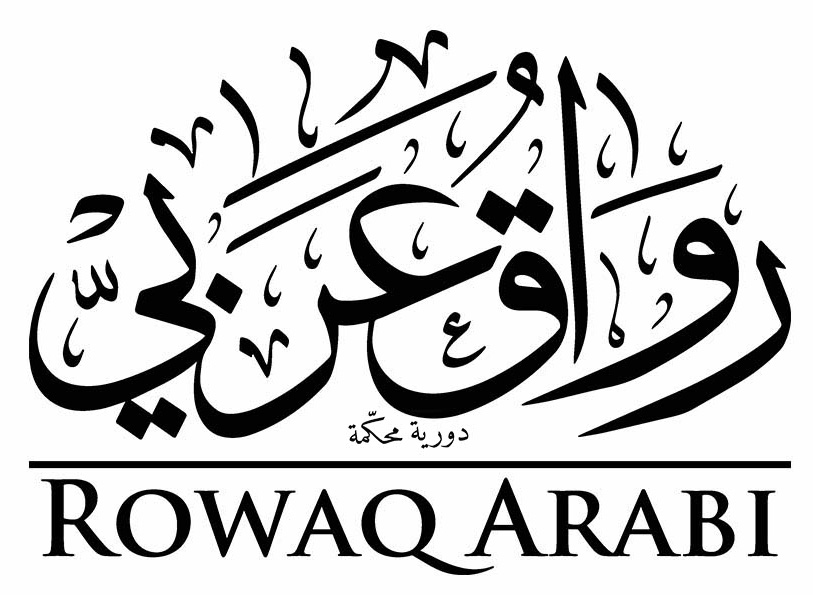Call for Papers: Interdisciplinary Studies on Human Rights in the Arab Region
The Arab region has witnessed the eruption of several major events in the past few decades, with human rights violations remaining as both causes and outcomes. In these contexts, struggles centred on politics, economics, and the society are evidently inseparable from human rights struggles and advocacy. The use of force by the region’s oppressive regimes has at times escalated from the level of human rights violations, which have been historically normalised for decades, to the that of crimes against humanity or war crimes. Even in countries where relative democratic progress has been made, intractable social and economic challenges and ongoing political polarisation have ultimately resulted in significant setbacks and anti-democratic practices similar to those in the past, or even worse. In light of the current critical moment in the region, which is inseparable from its complex history, an interdisciplinary approach to understanding human rights violations is imperative.
Utilising approaches drawn from the social sciences, humanities, and law, Rowaq Arabi, a double-blind peer-reviewed journal specialised in human rights studies in the Arab region, welcomes submissions of papers addressing a wide range of relevant topics and themes. Manuscripts of 5000-7000 words of original research are encouraged to be submitted by email to [email protected]. Submissions should consist of two separate files: an anonymised complete manuscript, and a cover page that has the manuscript’s title, author’s name and details, and a 150-word abstract. The best and most relevant submitted articles will be sent for peer-reviewing. Manuscripts that do not respect Rowaq Arabi’s guidelines, found in this link, will not be considered. Once published, authors will be financially compensated for their contributions.
Rowaq Arabi suggests the following sub-topics for research, while welcoming other suggestions relevant to the call as indicated above:
- Analysis of the role, effectiveness, and status of human rights organisations in the context of the historical development of societies in Arab countries, their struggle to keep pace with progressiveness and overcome stagnation, and the repercussions of this on the social and political role of the rights movement.
- Understanding and analysis of strategies of human rights movements, their historical development, and their diverse responses to political crises and communal conflicts.
- Critical engagement with religious and cultural heritage, understanding of its various currents and their contribution to indigenising human rights values, and study of the impact of religious discourses on their application.
- Developments in the stances of political forces, including political Islam, on human rights values, as evidenced by their programmes and practices.
- Comparative legal studies and the analysis of developments in constitutional law and jurisprudence with respect to human rights.
- Analysis of the evolving status of human rights in negotiations for conflict resolution in the Arab region.
- Analysis of obstacles in the process of democratic transition, and the protection of human rights in the framework of democratisation.
- Analysis and understandings of the roots of bigotry and political and religious violence.
- Understanding of the political, social, and cultural backgrounds for the recognition and protection of human rights on the national level, including the struggle for economic, social, and cultural rights, women’s rights, and minority rights.
- Obstacles to the management of religious, cultural, and ethnic diversity in the Arab region.
- Analysis of the evolving status of human rights in strategies and discourses of social and protest movements.
- Analysis of the scope and evolving interest of literature, film, and arts in human rights values and issues in the Arab region.
- Analysis of developments in the status of human rights in international relations and the world order.
To read more about Rowaq Arabi, its history in print since 1996 and its ongoing online transition, in addition to its publication guidelines, please refer to this link.
Read this post in: العربية

